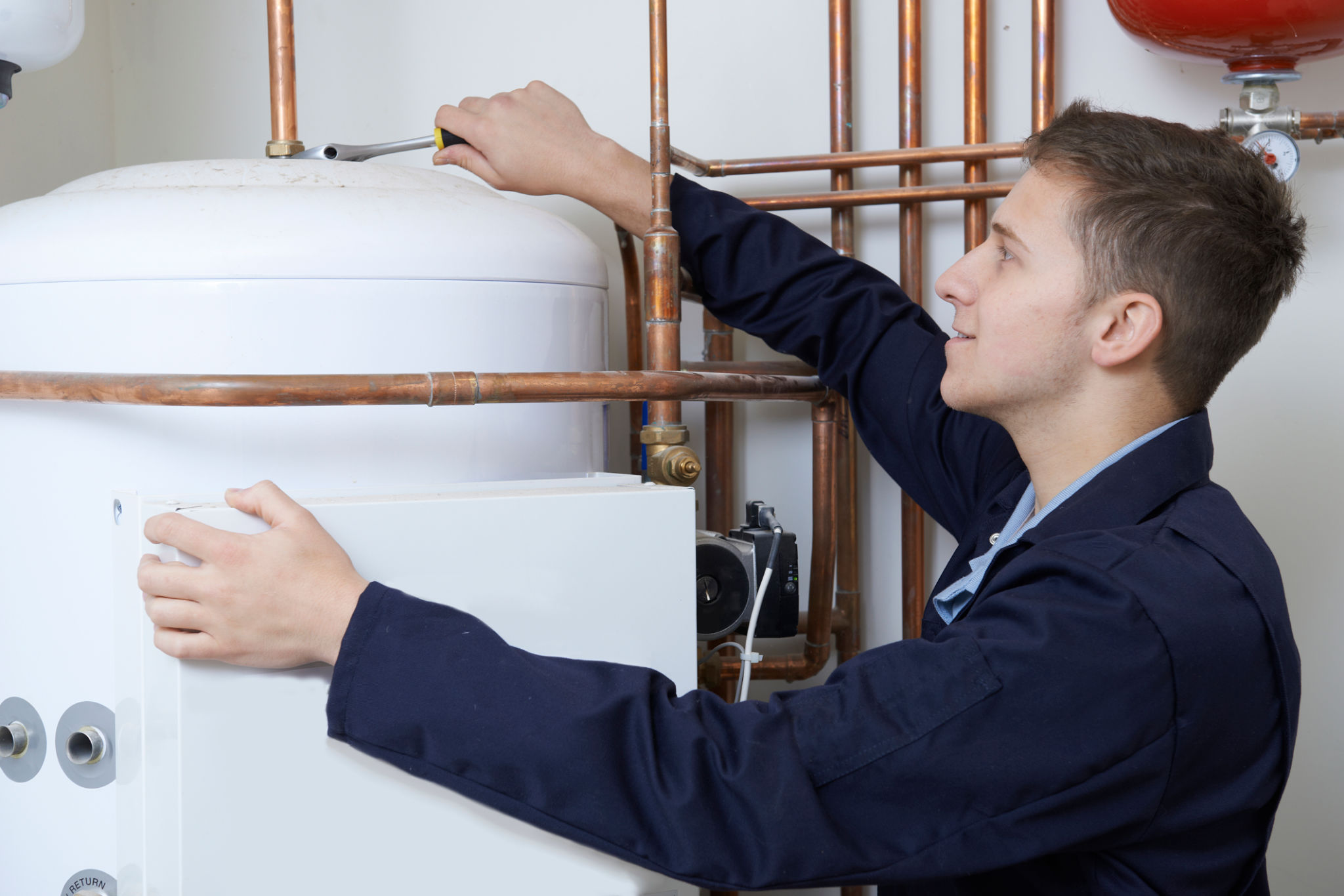Case Study: How Barossa Hot Water Improved Efficiency for a Local School
Introduction
In today’s educational landscape, operational efficiency is crucial for schools striving to maximize resources while providing a comfortable learning environment. Barossa Hot Water, a leader in sustainable water solutions, recently partnered with a local school to enhance their operational efficiency. This case study explores the strategies implemented and the remarkable improvements achieved.
Identifying the Challenges
The local school faced several challenges related to its existing water heating system. The aged infrastructure led to frequent breakdowns, high energy consumption, and inconsistent hot water supply. These issues not only affected daily operations but also resulted in increased maintenance costs.
Recognizing the need for a comprehensive upgrade, the school administration sought a solution that would ensure reliability and efficiency. Enter Barossa Hot Water, known for their innovative approaches to water heating systems.

Customized Solutions by Barossa Hot Water
Barossa Hot Water conducted an extensive assessment of the school's current setup to identify areas for improvement. Their team proposed a tailored solution involving the installation of high-efficiency hot water systems designed to meet the school's unique demands.
The proposed system included advanced features such as smart controls and energy-efficient components. This setup not only promised consistent hot water supply but also aligned with the school's sustainability goals by reducing carbon footprint.
Implementation Process
The implementation process was executed with minimal disruption to the school's daily activities. Barossa Hot Water's team worked diligently over the school holidays to ensure a seamless transition. The installation was completed ahead of schedule, allowing for immediate benefits when students returned.

Key Steps in the Installation
- Replacement of outdated boilers with energy-efficient models
- Integration of smart control systems for optimized usage
- Comprehensive testing and quality assurance
Results and Benefits
The results of the upgrade were immediately noticeable. The school experienced a significant reduction in energy costs, improved reliability, and enhanced user satisfaction. Additionally, the new system's low maintenance requirements resulted in further cost savings.
Staff and students alike appreciated the consistent availability of hot water, which improved hygiene standards and overall comfort within the school facilities.

Long-term Impact
The successful collaboration between Barossa Hot Water and the local school serves as a model for other educational institutions facing similar challenges. By investing in sustainable and efficient systems, schools can enhance their operational efficiency while contributing positively to the environment.
Conclusion
This case study highlights how strategic upgrades in infrastructure can lead to substantial improvements in efficiency and cost savings. Barossa Hot Water's commitment to innovative solutions has not only benefited the local school but also set a benchmark for energy-efficient practices in educational settings.
For schools looking to improve their operational efficiency and sustainability, partnering with experts like Barossa Hot Water could be a transformative step forward.
